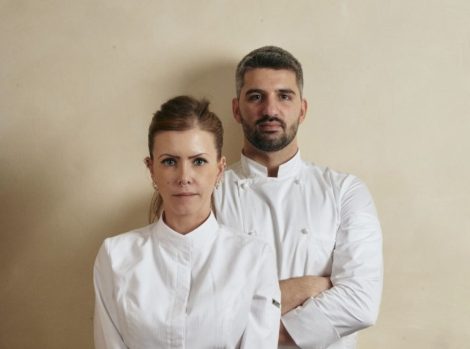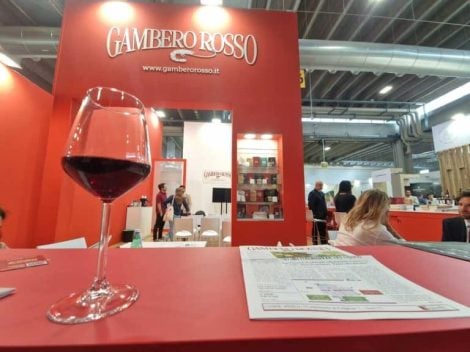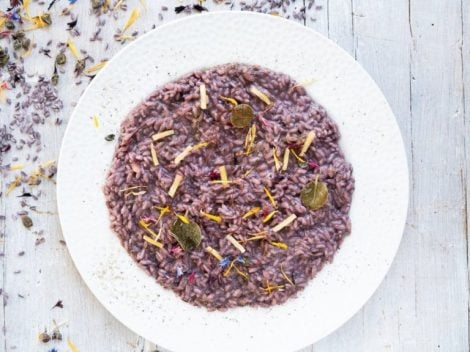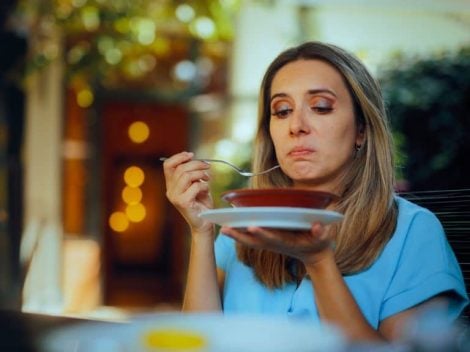This column costs €25—the price of two bottles of Steinbock Zero I stumbled upon in a large wine shop: Riesling. How lovely, I thought—a Pas Dosé Riesling (my mind racing ahead) from Germany. Definitely worth a try! So I bought it, chilled it, and opened it that evening with a sommelier friend.
It was good—light, fragrant, aromatic, and clean. Well, being a German Riesling, a low alcohol level seemed perfectly reasonable. In fact, it’s a defining characteristic. Neither of us, not even the sommelier, found anything to fault in this wine. It was enjoyable, reasonably evolved, offering minerality, savouriness, and beautiful tertiary notes. In short, a well-made Riesling. For €12? Not bad at all.
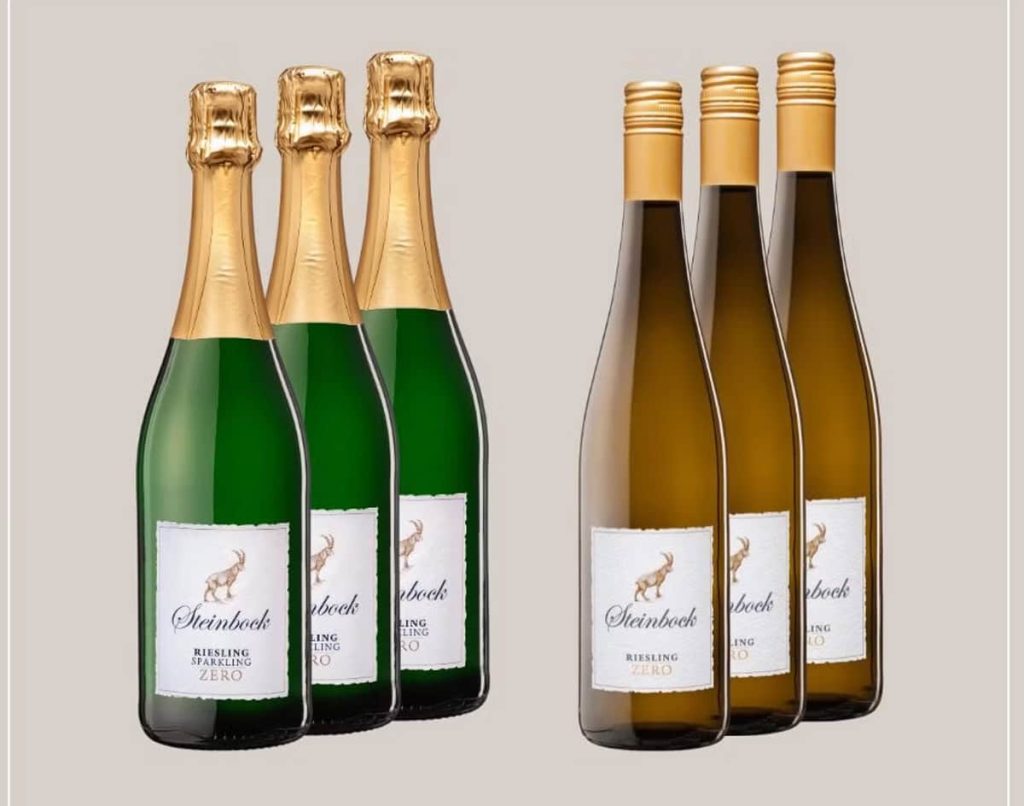
Surprise! The "zero" doesn’t mean pas dosé
Intrigued by the low alcohol content, we turned the bottle around to check the back label. Surprise: Zero meant Zero Alcohol. Unbelievable!
We were taken aback—not just because we failed to realise it was dealcoholised, but because we didn’t even know the label. At the same time, we were also pleasantly surprised, as the wine world rarely offers genuine surprises these days.
Once we recovered from the “shock,” we dug deeper. We discovered that this label is crafted by Martin Foradori for his Hofstätter winery, based in Tramin (Termeno) in South Tyrol. Interestingly, the wine itself is produced in Germany. This is because, in Italy, it is illegal to dealcoholise wine—you can only work with must before fermentation.
So, drawing on his dual heritage, Martin Foradori collaborated with his German relatives (mentioned on the back label) to create this alcohol-free project. Well, at least Minister Lollobrigida must be pleased! Who knows if he’s ever tasted this wine? According to experts in dealcoholised wines, this Riesling is considered one of the best alcohol-free wines on the global market.
The litmus test with a top critic
So far, we’re at the first €12 of this column’s cost. The other €12 went towards a second bottle—to carry out a fun experiment. We went to dinner with a friend—a renowned (and I mean renowned) wine critic who travels (and drinks) across the globe and commands our utmost respect.
With the help of another friend, we had the Steinbock Zero served as a sparkling aperitif. A relaxed and satisfied expression greeted the first sniff, but the confidence wavered slightly after the first sip… Still, without saying anything, the critic’s eyes met mine.
“Not bad, eh?” I ventured with a smile. He looked at me, raised an eyebrow, and muttered a thoughtful “Mmmhhh…” that spoke volumes. “Something’s off with this wine. What is it?” he finally asked.
Raising my hands in surrender, I grinned and confessed, “It’s not about what it has—it’s about what it doesn’t. It’s alcohol-free!” And we all burst into laughter, the evening slipping into good-natured banter.
The moral of the story: if you want alcohol, "Spritz" it with Vodka!
The moral of this little tale? Well, there isn’t one—because it’s not a fairy tale.
But even without a moral, it has a happy ending: we added a splash of vodka and half a slice of lemon to the Riesling. Delightful! Not only is Steinbock Zero a good drink on its own, but it’s also “spritzable.” Not bad for a zero-alcohol wine!

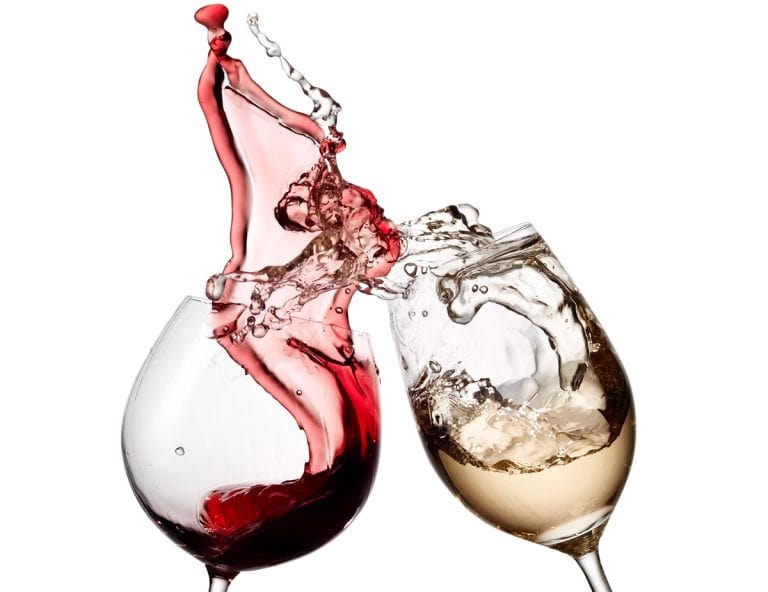
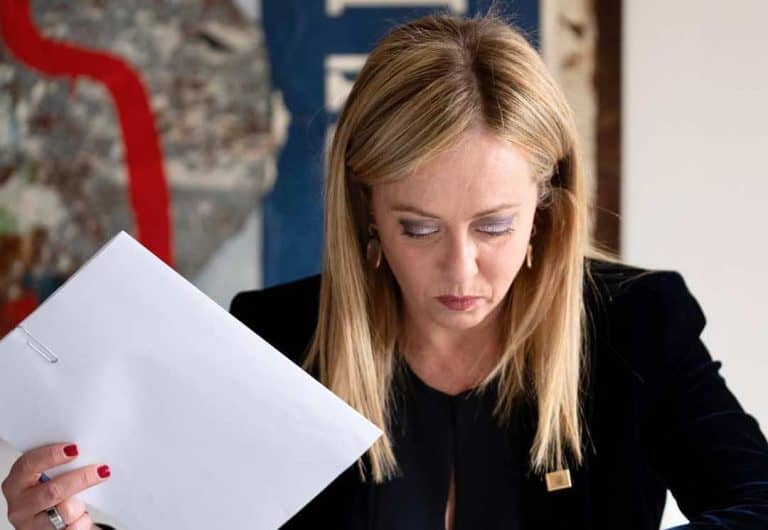 Meloni: "Tariffs? If necessary, there will be consequences. Heavy impact on agri-food sector"
Meloni: "Tariffs? If necessary, there will be consequences. Heavy impact on agri-food sector"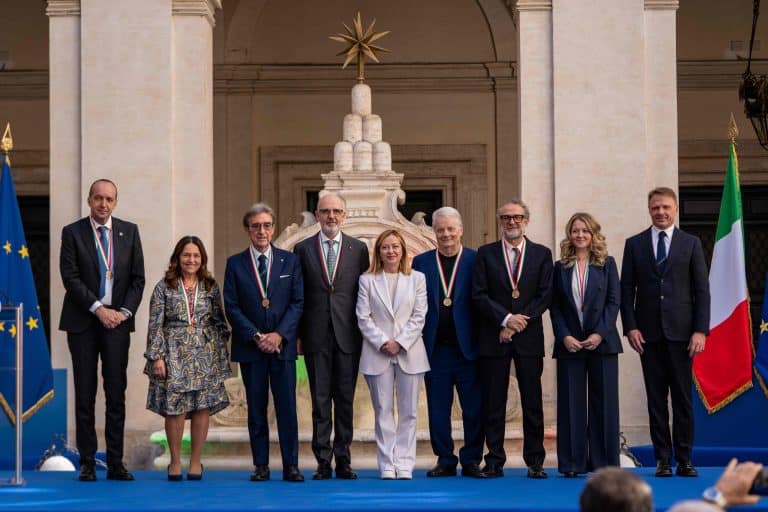 The Government honours the greats of Italian cuisine, from Bottura to Pepe. Massari: "Thank you, Meloni, the only one who listened to us"
The Government honours the greats of Italian cuisine, from Bottura to Pepe. Massari: "Thank you, Meloni, the only one who listened to us"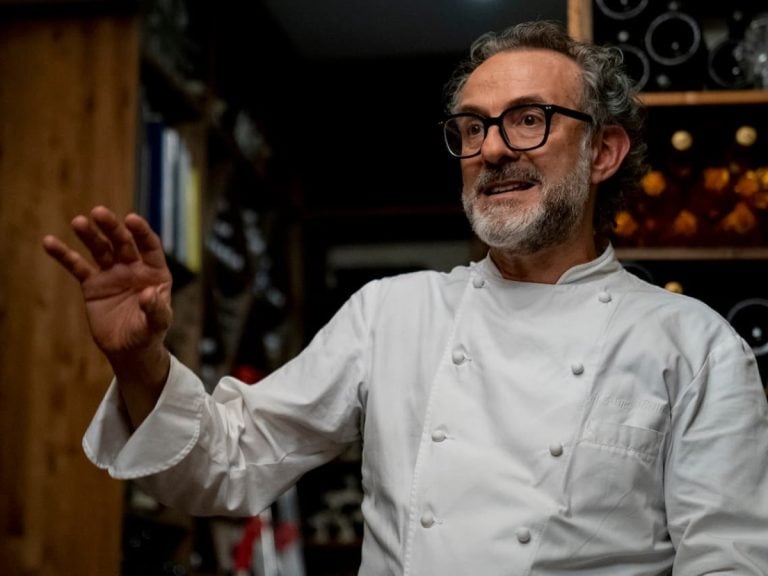 "We must promote a cuisine that is not just for the few." Interview with Massimo Bottura
"We must promote a cuisine that is not just for the few." Interview with Massimo Bottura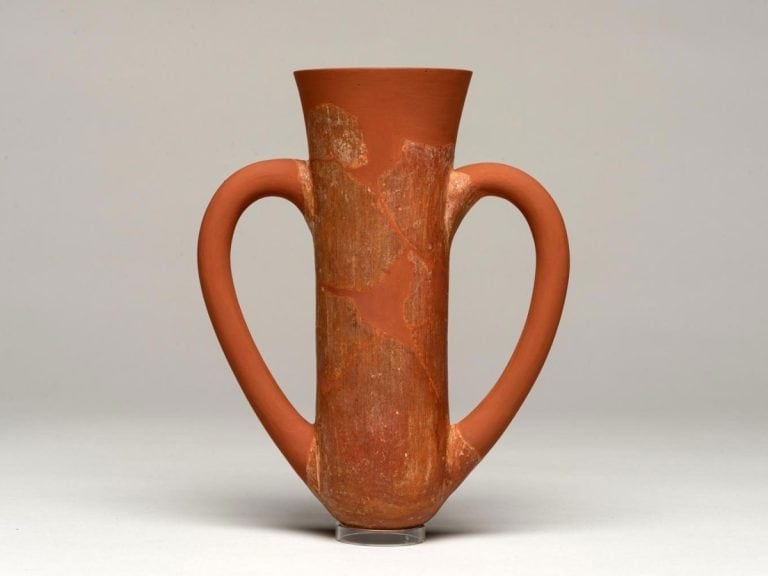 Wine was a drink of the people as early as the Early Bronze Age. A study disproves the ancient elitism of Bacchus’ nectar
Wine was a drink of the people as early as the Early Bronze Age. A study disproves the ancient elitism of Bacchus’ nectar "From 2nd April, US tariffs between 10% and 25% on wine as well." The announcement from the Wine Trade Alliance
"From 2nd April, US tariffs between 10% and 25% on wine as well." The announcement from the Wine Trade Alliance
